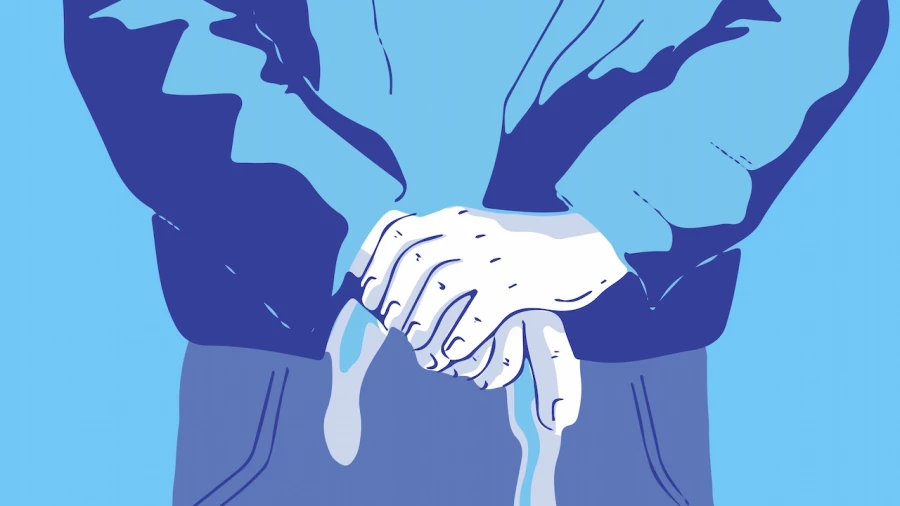
Making a change

Each step towards changing for the health of your whānau should be acknowledged as a positive move. Learn about the things you can do to move forwards.
Being ready for change
It can be hard to make the first step. Unlearning habits can take a lot of effort and conversations, but know that it is never too late to start. Take some time to reflect on why you want change, and what you can do.
You can:
- contact a health provider to help you make a plan that’s realistic for you and your whānau.
- think about the things you can do to help you control your drinking, cut down, or stop.
- talk to someone you trust. Appreciate their presence, guidance, and comfort.
- be upfront about how the people around you can support you. This can include telling them about your situation and what they can expect.
- consider what changes are needed at home or in your social life. Think about how you approach your whānau when you say no to drinking or being at an event. You are not being elitist or being “better than them” by excluding yourself.
I ended up in hospital almost dead. I remember [...] when my mum and dad were at the end of the bed, and the shame I felt in that moment. He wasn’t angry. He just had tears running down his face [...] I never wanted to feel like that ever again [...] I just saw how much pain I caused him by not choosing or making good choices.End Quote
Listen to Marissa's kōrero
- {{ currentTimeFormatted }} / {{ durationFormatted }}
Knowing your reasons
Understand what led you to make your decision. It might be a specific moment, or something that you have been thinking about for a while. Let these reasons motivate and empower you.
Keep your whānau at the centre. You may be doing this for your own hauora, but your actions have impacts on everyone around you. Help them understand your decisions too. Making a change can involve repairing relationships with those you love, your tīpuna, and your environment.
Whānau might be your reason for change, and they can also be a great source of support. They have plenty of wisdom, know you well, and can encourage you to stick to your chosen path.
Cutting back and easing up
Give yourself a goal of how many drinks you’re allowed. Tell someone you know so you can stick to it. Do not switch around different drinks, as this can make you lose track of how much you’ve had.
Some people drink to deal with stress or anxiety. This can lead to a habit that is hard to quit. Get to know what causes these feelings for you and find different ways to overcome them.
Do not order or pour another drink until your glass is empty. This can help you keep track of how much you’ve had. Have something non-alcoholic such as water or soft drinks in between alcohol, or eat something. Water can also keep you hydrated.
If you have been drinking every day, start small by trying a day without alcohol. If you feel okay, try two. Keep building on that. This can get easier over time. Make sure you stay safe and look out for signs of withdrawal.
You can also bring whānau and friends into this. If you’re used to drinking with workmates, find a different activity to take part in together.
You can break the cycle of using alcohol for whanaungatanga. Peer pressure can be hard to overcome, but it gets better with practice. Try to be around people who you are supportive of your choice or suggesting ways to connect that do not involve drinking.
I want to be seen as the change in my world, in my family. I want my family to see I brought the change, you know I created this. I did it for a good cause, I did it for my family, and that’s what it comes down to.End Quote
Listen to Ngatokimatawhaorua's kōrero
- {{ currentTimeFormatted }} / {{ durationFormatted }}
Progress through connection
Take opportunities to connect to your culture, for energy, and to ensure you’re well inside and out. This can support your mana, sense of belonging, identity, self-esteem, self-determination, and ability to make changes. Any cultural practice can feel protective and therapeutic.
Whatever techniques you and your whānau choose, know what your end goals are. You’re all in this together, and breaking the cycle of harm for the present, and for generations to come. Always strive for hope, hauora and transformation.
Connecting with people who have been on similar journeys can also be an instrumental part of your recovery. The online alcohol-free community at Living Sober is available Aotearoa-wide and offers an anonymous community with free and confidential peer support as well as a variety of articles written by people with lived experience of quitting alcohol.
Thank you for your feedback.
You can also find a support service if you need to talk to someone.